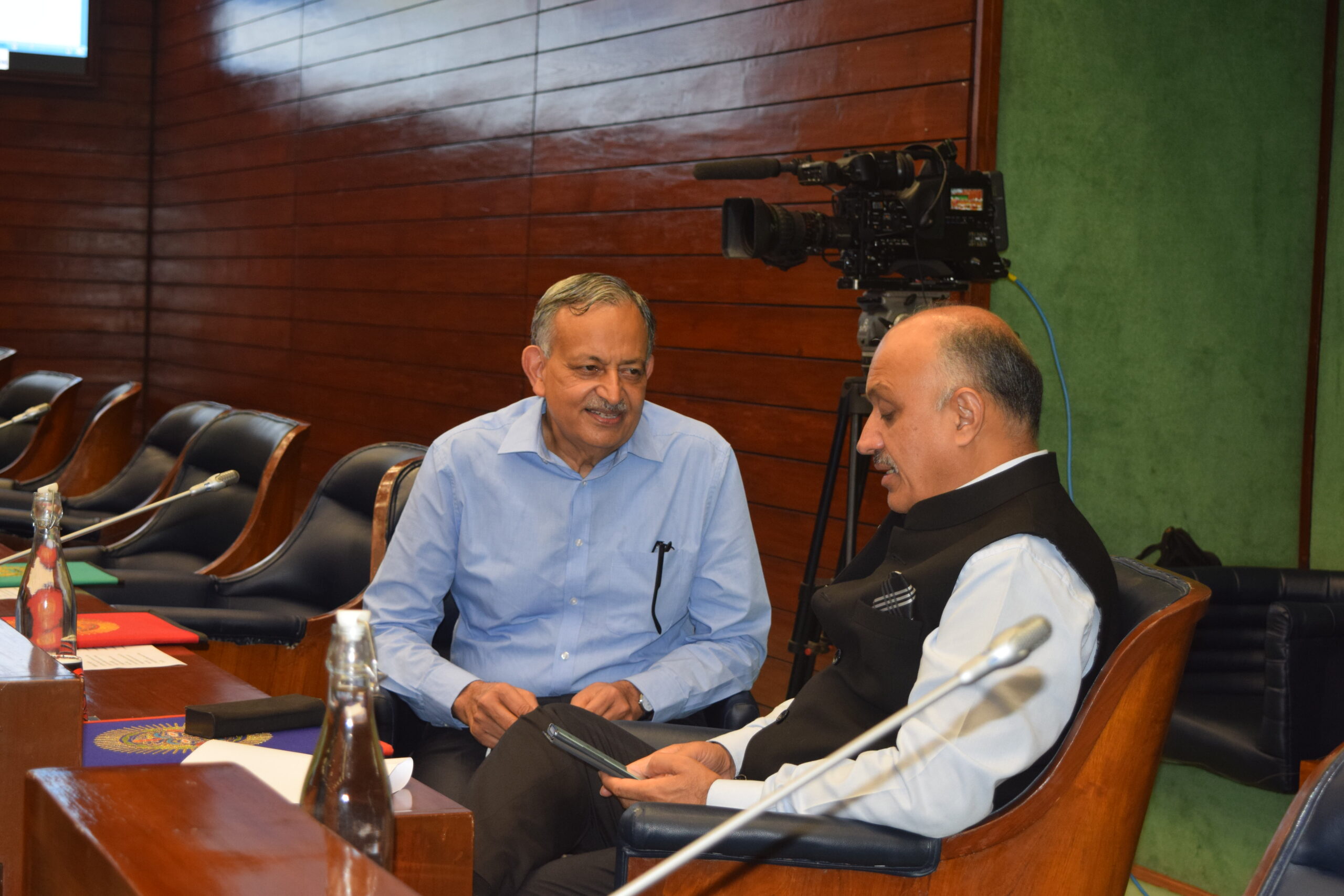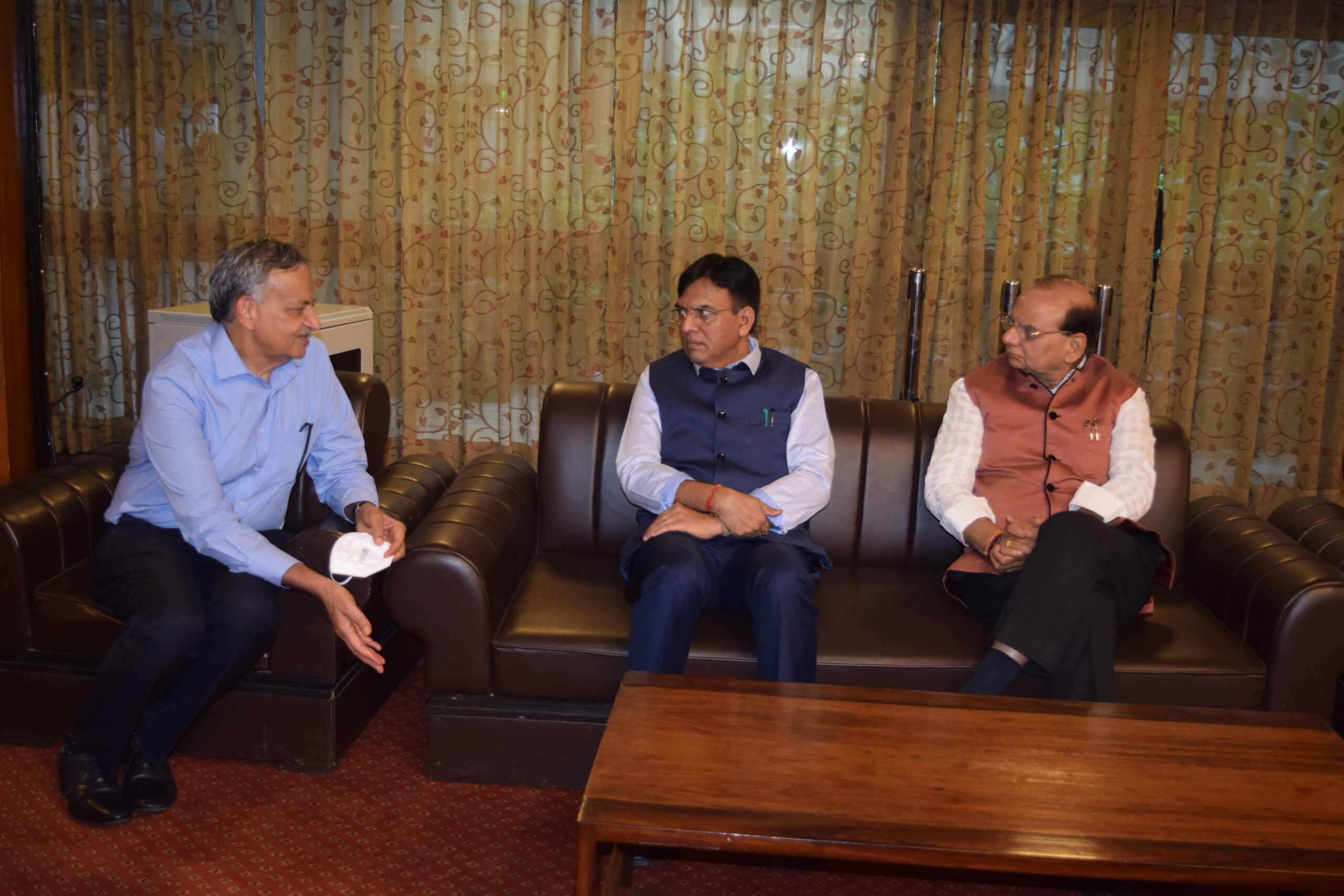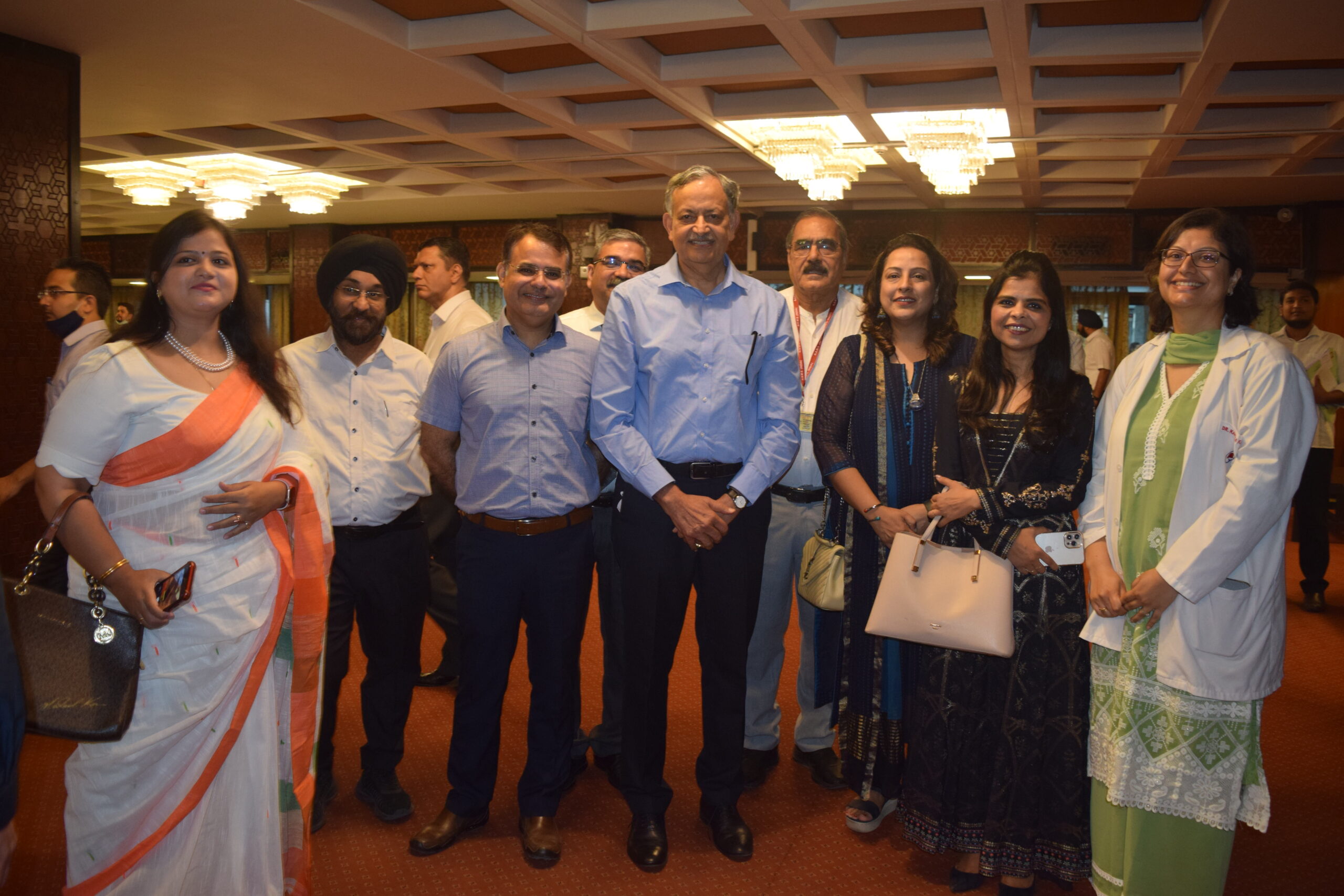



World Hepatitis Day takes places every year on 28 July to raise awareness and promote global action on viral hepatitis. It is an occasion to raise awareness about viral hepatitis and the need to intensify action to eliminate it as a public health threat in India and across the world. This year, Institute of Liver and Biliary Sciences (ILBS) observed World Hepatitis Day in Parliament House of India on 28th July 2022 with the theme ‘Bringing hepatitis care closer to you’.
Hon’ble Vice President of India and the chairman of the Rajya Sabha, Sh. Venkaiah Naidu; Lok Sabha Speaker Sh. Om Birla Ji; Hon’ble Union Minister of Health and Family Welfare, Sh. Mansukh Mandaviya; Hon’ble Deputy Chairman, Rajya Sabha, Sh. Harivansh; Lieutenant Governor of Delhi, Sh. Vinai Kumar Saxena; Secretary General, Lok Sabha, Sh. Utpal Kumar Singh; Members of Parliament; Dr S K Sarin, Director, Institute of Liver and Biliary Sciences graced the occasion and gave their valuable input at the showpiece event.
India continues to stride forward and make game-changing efforts to produce and mass-procure direct-acting antiviral drugs that can cure most cases of hepatitis C with a simple 12–24-week course. Since the inception of National Viral Hepatitis Control Plan in 2018, more than 75 lakh people have been screened for hepatitis B (HBV) and hepatitis C (HCV) in government-run facilities across India –free of cost. More than 71,000 have been treated – again, free of cost.
The motto to end this epidemic is ‘Talk, Test & Treat’. The fight against the Viral Hepatitis disease focuses on multiple fronts – Prevention of Hepatitis B through universal vaccination, identifying and treating patients with HBV and HCV through screenings and providing psycho-social support to the patients and protecting their rights. Liver-health is an important determinant for diabetes, heart disease and outcome of COVID-19 infection.
ILBS accentuates its efforts through health Institutions across the country and increasing access to testing and treatment. The ILBS model has great potential to be replicated in all parts of India. ILBS strives not only to sustain, but accelerate progress towards eliminating HBV and HCV.Media campaigns are essential to reaching the unreached and underserved, and must continue to be delivered with vigour, and in a mission mode. It was expected that all the learned representatives of the people, attending World Hepatitis Day would go back to their constituencies and would educate the society against discriminating the infected, develop connectivity and support for the patients and their families, and help eliminate the infection from their regions. The action to eliminate hepatitis cannot and must not wait. Together, one must act with speed and scale, leaving no one behind.
Following Recommendations were made
- Instilling a sense of urgency by generating mass awareness and holding screening activities.
- Tackling the burden of hepatitis with a combined effort of democratic institutions such as Vidhan Sabha, Municipal Corporations, Nagar panchayat, cooperative sector, Voluntary Organizations.
- Modification in the legislation for HBV patients.
- Legal and institutional frameworks to work in synchronization in order to deal with public health issues on viral hepatitis.


